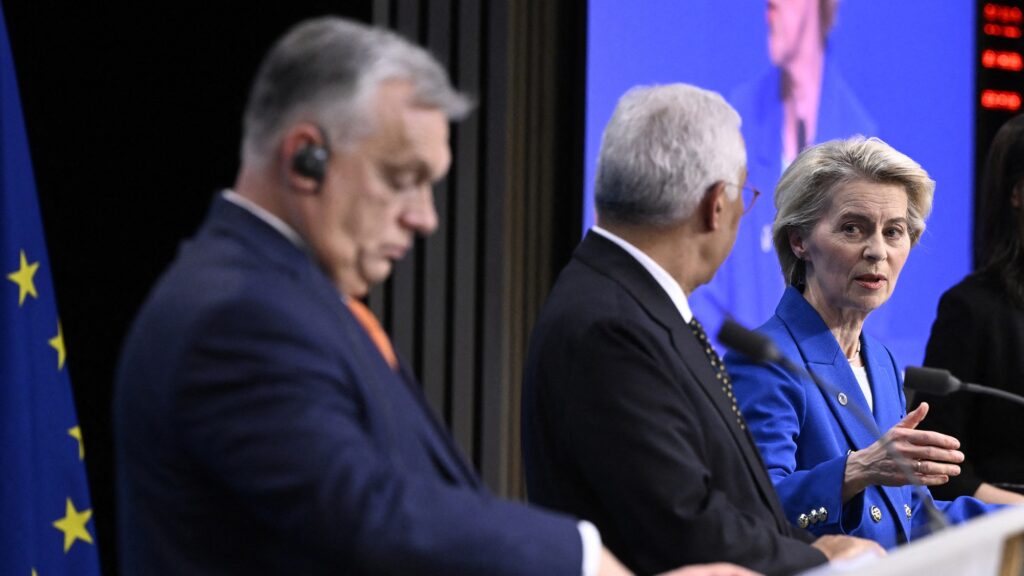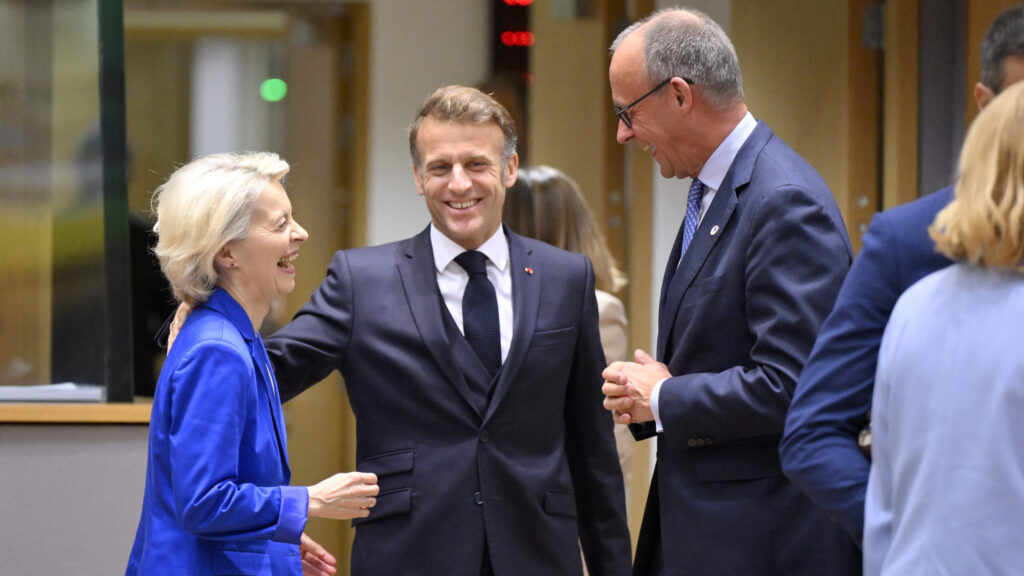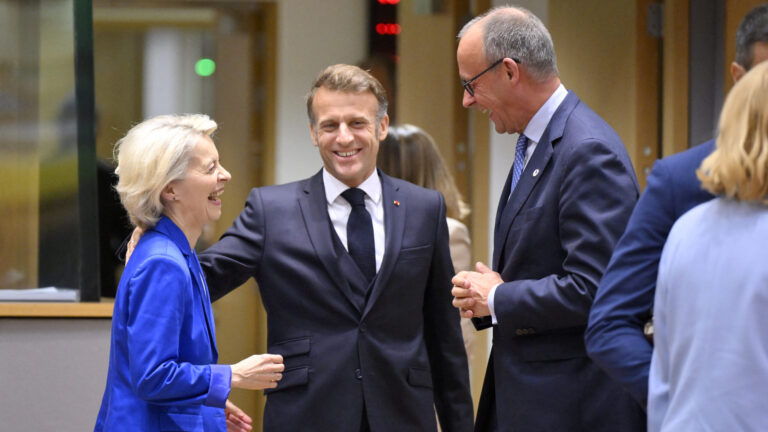At the end of June, a conference was scheduled by the outgoing High Representative of the European Union for Foreign Affairs and Security Policy Josep Borrell, in which he planned to pass resolutions condemning Israel’s actions in its war against Hamas in Gaza. However, due to diplomatic efforts, the conference was delayed and will only be held when Borrell leaves office.
The diplomatic efforts that led to the postponement of the conference involved Israeli Foreign Minister Yisrael Katz appealing to his Hungarian counterpart, Péter Szijjártó, as well as the foreign ministers of Germany, Greece, the Czech Republic, and Austria, who were asked to support delaying the conference until the newly elected EU officials take office after 1 July. According to sources from the EU, as reported by Ynet News, negotiations will commence to reach a unanimous consensus on the agenda of all 27 member states. These negotiations are expected to last through October, when Estonian Prime Minister Kaja Kallas will replace Borrell. Kallas is known as supportive of Israel, and although she believes in a two-state solution, she has expressed several times her extreme criticism of the 7 October massacre and stressed that Israel had the right to defend itself.
EU Policy Chief Is More Focused on Condeming Israel’s Action than Dealing with European Issues
As Itamar Eichner in his Ynet News article explained, despite serious European issues such as the striking rise of antisemitism in Europe and the Russo–Ukrainian war,
EU foreign policy chief Borrell seems to be engaged with the sole issue of Israel’s war against Hamas in Gaza.
As Eicher pointed out, Borrell’s X posts show that he is barely focusing on European issues, as since March 2024, he has tweeted twice as much—127 times—about the Israeli–Palestinian issue as about the war in Ukraine. Eicher also highlighted in his article that since the Israel–Hamas war broke out, nearly every day Borrell condemned Israel or attempted to pass resolutions against the Jewish state in EU institutions. As Eicher opined, ‘Without the opposition from Israel’s friends in the EU, such as Hungary, the Czech Republic, Austria, and Germany, the EU might have already passed sanctions against Israel. Foreign policy decisions in the EU require consensus, which Israel’s allies prevent.’
To mention an example, Borrell passed a decision to sanction violent settlers and tried to convince the Association Council to suspend agreements with Israel due to human rights violations. As Eichner recalled, fortunately, Borrell has no chance to suspend agreements with Israel in the Association Council as they require unanimous agreement, and Israel still has strong allies in the Council. Borrell is also pressing European countries to recognize a Palestinian state, and he was the first to announce that Norway, Spain, Ireland, and Slovenia would do so, which angered many EU countries that didn’t approve of his actions and his divergence from the official EU stance.
Over a Hundred Jewish Community Leaders Critized Borrell’s Anti-Israel Bias
As Eichner highlighted in his article, the European Jewish Association (EJA) disapproved of Borrell’s actions to such an extent that it organized an emergency conference a month ago, where over a hundred Jewish community leaders criticized the High Representative’s anti-Israel bias, which has contributed to the rise of antisemitism in Europe. In response to growing antisemitism and ineffective governmental actions, the Jewish community leaders urged European governments to establish online reporting mechanisms for reporting anti-Semitic incidents, provide police training, and legally enforce International Holocaust Remembrance Alliance (IHRA) principles. According to the IHRA’s definition of antisemitism, which was adopted by 32 European countries, including Hungary, in 2019, antisemitism ‘is a certain perception of Jews, which may be expressed as hatred toward Jews. Rhetorical and physical manifestations of anti-Semitism are directed toward Jewish or non-Jewish individuals and/or their property, toward Jewish community institutions and religious facilities.’
According to the IHRA’s principles, antisemitism also includes targeting Israel as a Jewish collectivity, using harmful stereotypes, and blaming Jews for societal issues, which manifests in public life, media, schools, workplaces, and religion through justifying violence. Additionally, promoting conspiracies, denying the Holocaust, alleging dual loyalty, denying Jewish self-determination, applying double standards to Israel, and holding Jews responsible for Israel’s actions are also considered anti-Semitic. Finally, the IHRA principle explains that such anti-Semitic acts are criminal when defined by law, such as Holocaust denial or distributing anti-Semitic materials, targeting Jewish people or property, and discrimination against Jews by denying them opportunities or services, which is illegal in many countries.
Israeli Foreign Minister’s Visit to Hungary: Joint Action Against Anti-Israel Efforts
As Hungarian Conservative reported, on his first visit to Hungary Israeli Foreign Minister Israel Katz expressed his appreciation in a joint press conference with his Hungarian counterpart, Péter Szijjártó, and highlighted that ‘Hungary is one of the strongest allies of Israel, a true friend of Israel. I wish the fight against antisemitism, and the situation of Jews in Europe would be like it is here in Hungary, thanks to your leadership and politics.’
The main reason why Katz visited Hungary was that it would soon take over the presidency of the EU, and in this regard, talks were necessitated to determine
how Budapest and the Union would take action against anti-Israel efforts in the next six months.
The Hungarian officials reaffirmed the country’s unwavering support for Israel, and Péter Szijjártó ensured Israel Katz that Hungary has a clear position about the crisis in Gaza, saying that ‘terrorism and terrorist organizations must be defeated, the hostages must be freed, and the lives of civilians must be protected.’
Related articles:







